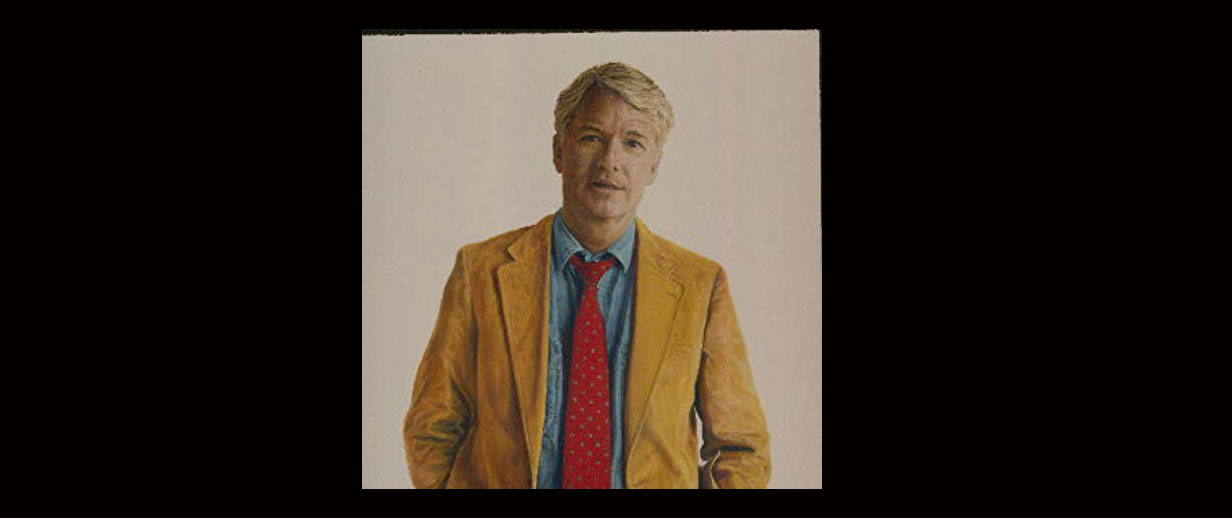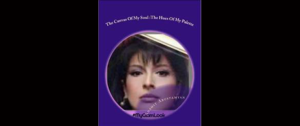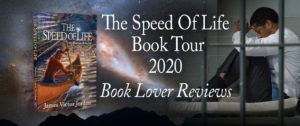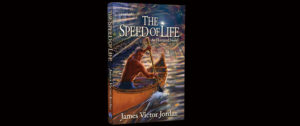‘His grandmomma taught him the ways of her Seminole and African ancestors— respect for the earth and his elders.’’
California author James Victor Jordan is a practicing attorney, having earned his JD from UCLA as well as a Master of Professional Writing degree from USC. He is a descendant of Eastern European shamans and writes fiction to explore justice, multiculturalism, spiritualism, and nature. His short stories have been widely published. He lives in Santa Monica, California.
Far too seldom do we encounter debut novels the explore arenas of thought that stimulate our exploration of our own possibilities/potentials. James Victor Jordan is that rare persona who on his first outing in a full length novel finds aspects of story weaving that capture our attention on every page. In his brief bio he sates he is a descendant of shamans and for those who wonder, ‘a shaman is a person regarded as having access to, and influence in, the world of good and evil spirits, especially among some peoples of northern Asia and North America. Typically such people enter a trance state during a ritual, and practice divination and healing.’ Perhaps that is one major source of James’ inspiration. But there is far more to this mixture of adventure, court proceedings, existing shamans, the hormonal pitfalls of adolescence, confused tales of responsibility all tied together with superb art work – apparently from the hand of the author. It all works splendidly and breeds a need for more books from this fertile mind.
The synopsis simplifies the complex story and provides a stimulus to curiosity to read the entire novel – ‘Estella Verus – part Seminole, part black, part white – a federal prosecutor in South Florida, is the victim of a home invasion during which she is beaten and raped. The perpetrator leaves a note saying that Estella’s son, Andrew, sent him to do it. When Andrew is charged with complicity in the crime, Estella is desperate to talk to him in her efforts to discover the truth, but while she’s still in the hospital recovering from her injuries, Andrew’s lawyer has her served with a restraining order, preventing her from talking to him to protect his Fifth Amendment right against self-incrimination.’
And as fascinating as the story is, the prose illuminates the world James has created: ‘Andrew’s going to the beach, looking good, shades covering his brown eyes, wearing his hair too short. On his way out the door, he says, “Be home before sundown, Momma.” He’s not allowed to drive at night. The latch clicks, and he’s gone. My balcony – my refuge when I weary from the demands of meting out justice – is cantilevered over a garden catching the light of the late-afternoon sun dancing and splashing over double hibiscus, second-bloom wisteria, and wild myrtle. I sip a lemon daiquiri. A fragrance of honeysuckle wafts in the air. A ruby-throated hummingbird flits from flower to flower to flower on a bottlebrush bush. In the rose beds, a golden rat snake crushes the last breath from a squealing young squirrel. A turkey vulture, majestic in flight, repulsive in sight, cawing, its fishhook-tipped talons extended like the fingers of an open hand, flaps its wings—spanning six feet—slowly, gracefully, as it descends to the upper fronds of a stately cabbage palmetto. Yesterday, when I cross-examined the defendant – formerly revered as “The Queen” by her elderly clients – her crown rested uneasy as she stammered, contradicted herself, and failed to reconcile her testimony with the story she’d told on direct. The incredulity of the jurors was palpable, an unmistakable harbinger of a loose swift sword. Her victims’ life savings were invested in a collapsed Ponzi scheme that paid for her chartered-jet excursions to Lake Como and ski vacations in Gstaad. The satisfaction of her victims with the judgment will be transitory, a brief respite from their anguish. But to turn the other cheek is to ignore moral imperative, and to disregard morality is to court extinction. This judge is fond of metaphor. A trial is a jigsaw puzzle, she told the jurors. Each piece of the puzzle is a piece of evidence. There is no order in which the pieces of the puzzle must be assembled. But you can’t see the puzzle’s entire picture until you have all the pieces. When all the evidence is presented, you will have all the pieces of the puzzle. Then following my instructions, it will be your job to put the puzzle together. You can only reach a proper decision after you’ve seen the entire picture.‘
Only a few moments and we are pulled into this tale. Character development is superb, with each character growing in reality like a painting of a figure on a canvas. This is excellent writing from a man who has the gift.










